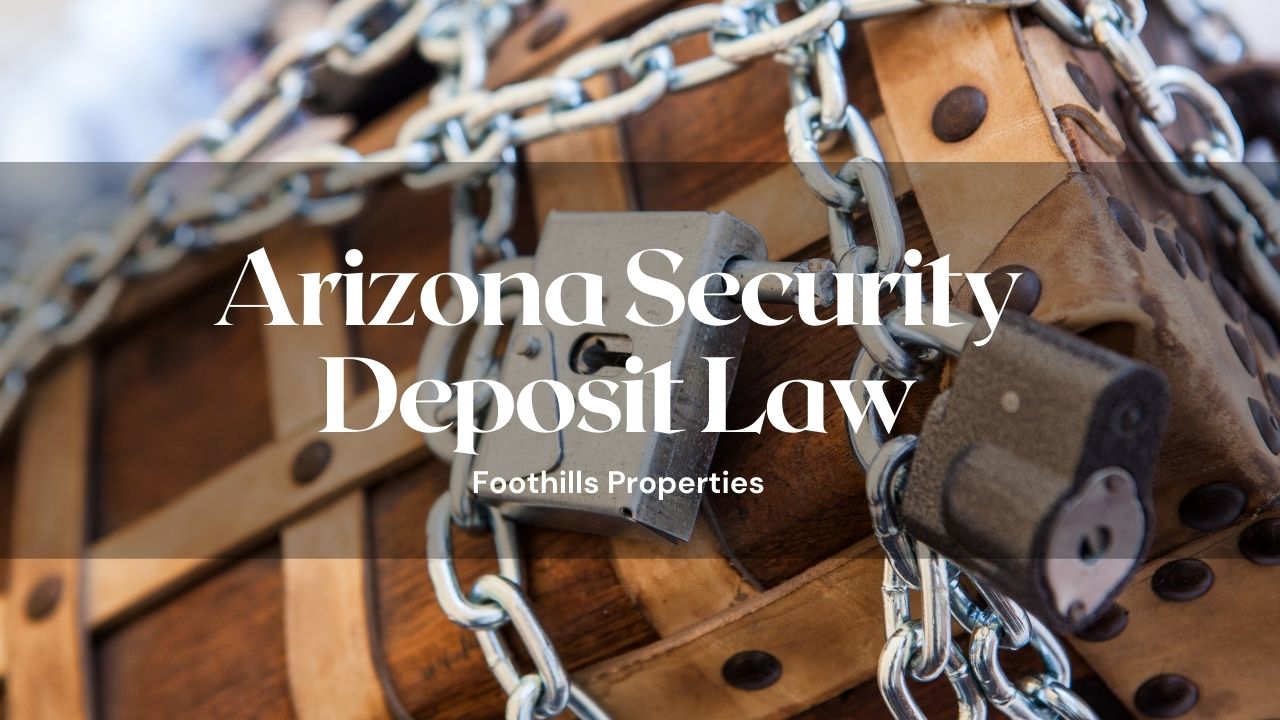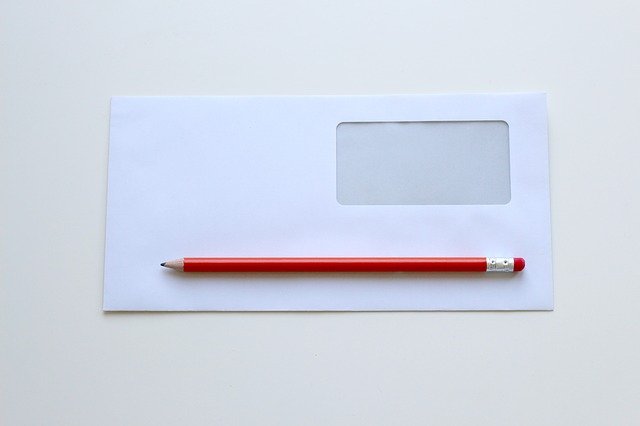
For landlords in Arizona, security deposits are akin to safety nets when they rent out a property. By requiring a tenant to pay it, they essentially guarantee themselves protection against any liabilities their tenant may cause. At least, to some extent.
Arizona, much like other states, has security deposit laws in place. It’s contained in the statewide landlord-tenant laws. As a landlord, it’s crucial that you familiarize yourself with it to help avoid potential legal issues regarding security deposits.
The following is a basic overview of security deposit laws in Arizona.
How Much Security Deposit Can You Charge a Tenant in Arizona?
As a landlord, Arizona security deposit laws state that you are required to charge your renters no more than 1.5x the monthly rent as a security deposit. The only exception to this security deposit limit is if they actually agree to pay more.
So, suppose you charge a rent of $1,000. In such a case, the maximum rent you may ask from your renters as a security deposit would be $1,500. Remember, don't charge Arizona tenants more because of bias towards their characteristics, as this is a breach of the Fair Housing Act.
Can a Landlord Be Able to Charge a Deposit That Is Non-Refundable?
Yes, a landlord may be able to charge a non-refundable security deposit under Arizona landlord-tenant laws. But to do that, you must put it in writing, preferably in the rental or lease agreement. If the landlord fails to do that and, by default, all of the tenant’s deposit will be deemed refundable at the end of their lease term or if they legally break the lease agreement.
In addition, Arizona landlords must state the purpose of the funds. A good example of nonrefundable fees would be a pet deposit. The purpose of asking for a security deposit from your tenant would be to help cater for potential pet damage.

Are There Any Specific Rules in Arizona in Regard to Where You Must Store Tenant’s Deposits?
No specific Arizona law exists for storing a renter's security deposit. As a landlord, you are free to put the security deposit in any financial institution you may desire.
As a matter of fact, you may be able to use part or all of the rent deposit to cover certain situations spelled out in the lease or rental agreement. However, you must make sure you return the Arizona deposit to the tenant once they choose to leave.
Do Landlords Need to Notify Their Renters of the Receipt of Their Deposit?
Receipts for tenants' security deposits after depositing them aren't required unless it's stated in the lease or rental agreement. That being said, most Arizona landlords still do it anyway. In the notice, they notify the tenant about things like:
Amount received
Date received by the landlord
In what way the landlord can use refundable deposits
Where the landlord is storing it
Are Arizona Tenants Entitled to a Walk-through Inspection?
Yes, renters have a right to be present during a walk-through move-in and move-out inspection. That right is only valid, though, if the tenant informs the landlord of that desire well in advance, ideally along with their rent payment.
As a landlord, you have a right not to allow a tenant to be present in two situations. These are if you fear your safety may be in jeopardy or if you’re in the process of evicting the tenant.
A walk-through inspection or move-out inspection helps check for any excessive damage in the unit, beyond normal wear and tear, the tenant may have caused to the rental. For example:
Chips and burns in laminate countertop
Broken bathroom tiles
Drawings on walls or unapproved paintings by the tenant
Stained carpet and linoleum

In all these cases, Arizona landlords would be able to deduct the appropriate money for fixing them from deposits. Note, however, that you cannot make security deposit deductions in the case of normal wear and tear.
Examples of normal wear and tear include:
Loose door handles
A garbage disposal that stops working because the motor died
Faded or blistered paint
Worn carpet and linoleum
Normal wear and tear occurs due to the gradual degradation of the rental unit. As such, the landlord is responsible for fixing them and not the tenant. The landlord must return the security deposit.
In Which Circumstances May You Be Able to Keep Part or All of a Tenant’s Deposit?
There are certain circumstances in which you may be able to keep part or all of an Arizona tenant’s deposit. The situations where security deposit deductions are allowed are as follows:
In case the tenant moves out of the rental unit without paying all the utilities in their name
In case of unpaid rent or other owed money for reasons that aren’t justified, as failure to cover unpaid rent breaks the lease agreement
If a tenant causes excessive property damage, this does not include normal wear and tear
If the tenant, when moving out, leaves the rental property in a dire state of uncleanliness
When Must a Landlord Return the Tenant’s Security Deposit?
As a landlord, you must return the tenant’s deposit within 14 days of the tenant moving out of the premises, unless they leave you with damage or unpaid rent and expenses. Note that this timeframe doesn’t include holidays or weekends. Keeping the security deposit for longer counts as if it is wrongfully withheld.
Landlords must send the tenant the deposit by first-class mail to their last known rental property address. An exception to this is if the tenant has made another arrangement with you or the tenant has provided you a different mailing address.

If you’ve made deductions to the deposits, you must include an itemized list alongside the remaining portion of the deposit, such as unpaid rent. The list must state two things: the reason for the deduction and the cost of repair.
What Must an Arizona Tenant Do in Order to Get Their Security Deposit?
First and foremost, tenants must provide a notice to the landlord of their intention to vacate their rented premises. The notice must be written, and they must deliver it either in person or via certified mail.
And secondly, tenants must request the return of their deposits from their landlords a few days prior to moving out and ending the tenancy. Again, the notice must be written, and include a forwarding address.
What Must Landlords Do in the Event They Sell the Rental Property in the Middle of an Active Rental or Lease Agreement?
The incoming landlord will become responsible for the tenant’s security deposit. That is, in regards to storing it, a landlord must make appropriate deductions (if any) and return it to the tenant. Remember to include a list of deductions.
Do Exceptions to Arizona's Security Deposit Law Exist?
Yes, an exception does exist. The landlord’s employees are exempt from Arizona security deposit laws. Examples of such employees include the maintenance crew or the property manager who may live in the property if it's multi-unit.
Can the Landlord be Penalized for Failing to Follow the Security Deposit Law?
Yes. Failure to adhere to the security deposit laws can have serious consequences.
In addition, landlords can be held liable for certain damages by the court, you also risk getting fined for a payment up to two times the security deposit amount if it's wrongfully withheld and goes against the signed rental agreement.
Never refuse to return the security deposit without checking the legal details.
Disclaimer: The information herein isn’t a substitute for professional legal advice. If you need further help, please hire expert legal services. An experienced property management company may also be helpful.








